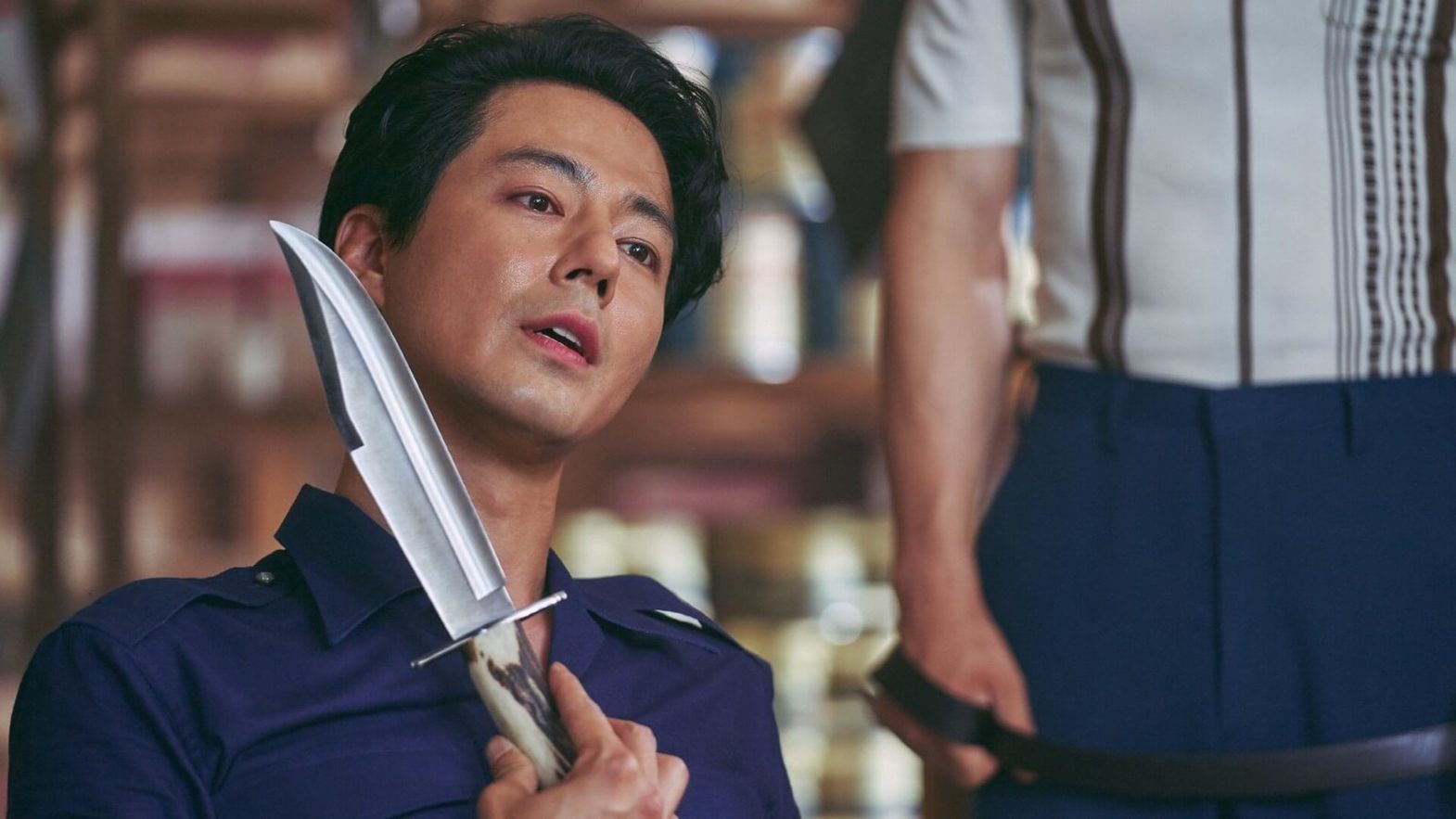
We already saw him, briefly and as an actor, in the film Gyeongju by Lu Zhang, presented at Locarno in 2014, in the Competizione internazionale. That was RYOO Seung-wan's last appearance in front of the camera, before devoting himself entirely to directing. A career that reached remarkable heights a few years ago with Escape from Mogadishu, chosen to represent South Korea at the Oscars in the category of best international film. A thriller capable of transforming an unlikely true story – the embassies of the two Koreas forced to collaborate to escape from a Somalia eroded from the war in 1991 – into great entertainment, the confirmation of the qualities of a certain Korean popular cinema. Two years after that exploit, the director arrived in Piazza Grande, in the European premiere with another genre exercise based on real events, Milsu (Smugglers), which at home grossed 26 million dollars in the first weekend of programming alone, reconfirming the commercial strength of a market that does not necessarily need American superheroes to move the masses.
We are in the seventies, in the Kunchon region. Capitalism is taking its first steps in South Korea, and with it has come the smuggling of Western goods. Choon-ja and Jin-sook are two experienced divers whose real business – picking seafood – is in crisis due to the construction of factories near the beach. Their talents are particularly in demand for the recovery of clandestine cargoes left at the bottom of the sea, which thus enter the country without bureaucratic process. But there is no shortage of tensions between the group of divers and the employers, and the waters could prove to be more dangerous than usual, and not only for those who work actively in this decidedly illegal area.
If in his previous film it was all about chasing each other through the streets, here the pitfalls staged by RYOO are exquisitely liquid, between risks of drowning and underwater elements, living and not, that can pop up out of nowhere. And through it all, amid suspense and action, he builds a fine tale of female solidarity and friendship in direct opposition to the more cynical opportunism of the purely male criminal organization (among the baddies we recognize ZO In-sung, already in the director's court in Escape from Mogadishu), with modern sensibilities that effectively integrate into an operation that recaptures that vintage sense without aping it sterilely, recreating the 1970s with genuine love for the decade itself and its cinematic output. And in the context of the Square, the first theater outside the Asian continent to offer the film, that old-fashioned but not gratuitously nostalgic fun becomes even bigger and more spectacular, leading to a final segment that is both joyously hypertrophic and profound, in every sense of the word.
Max Borg